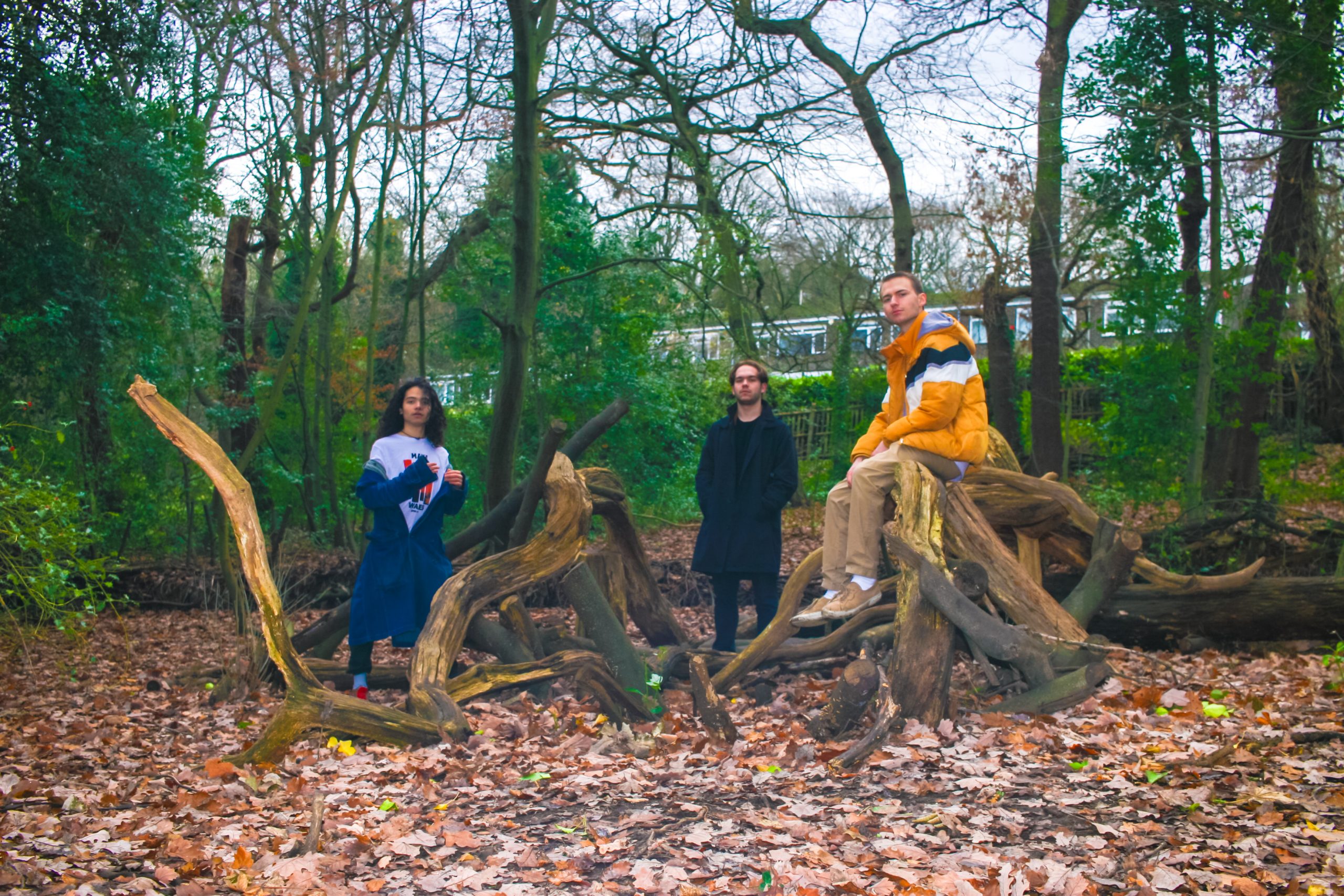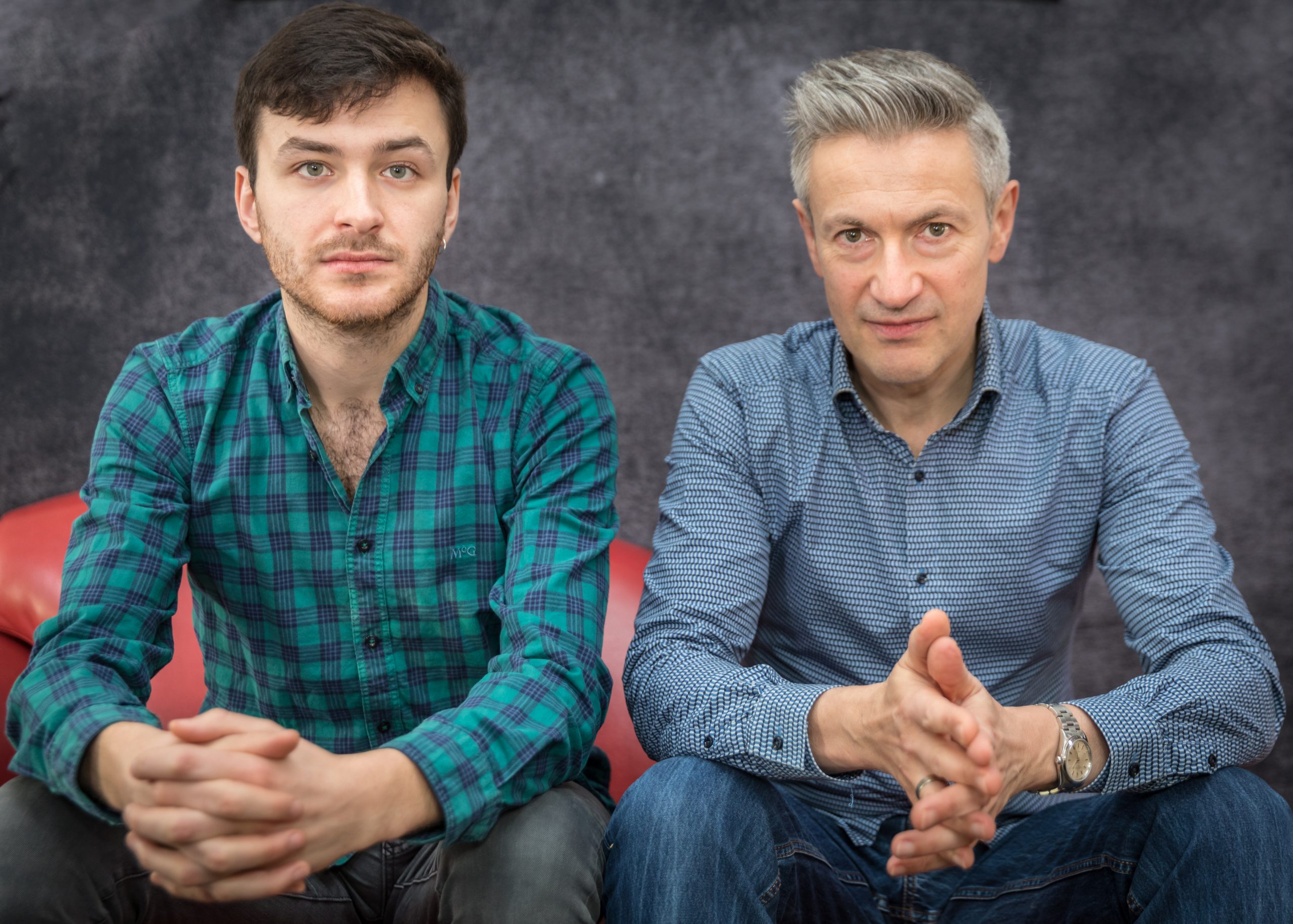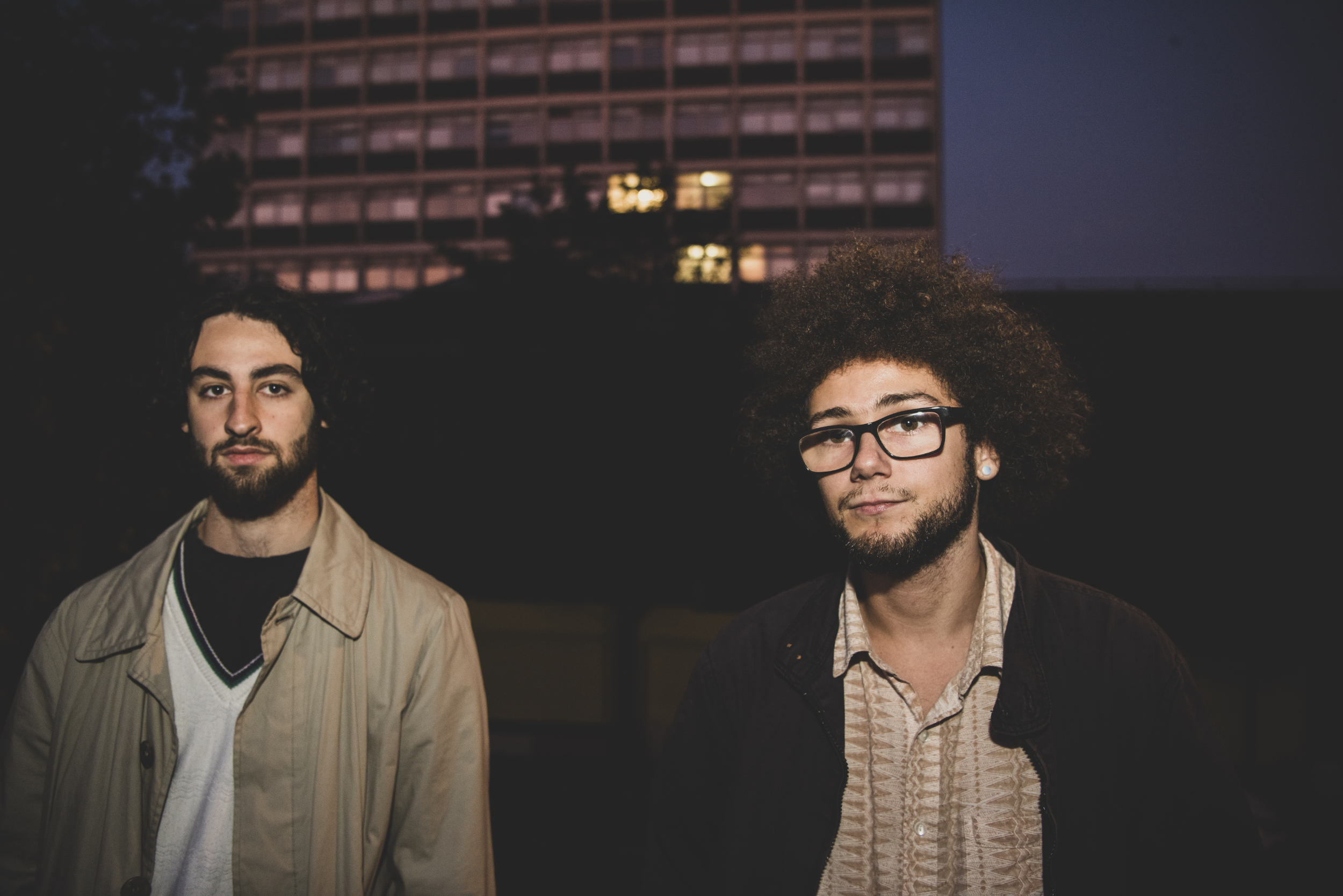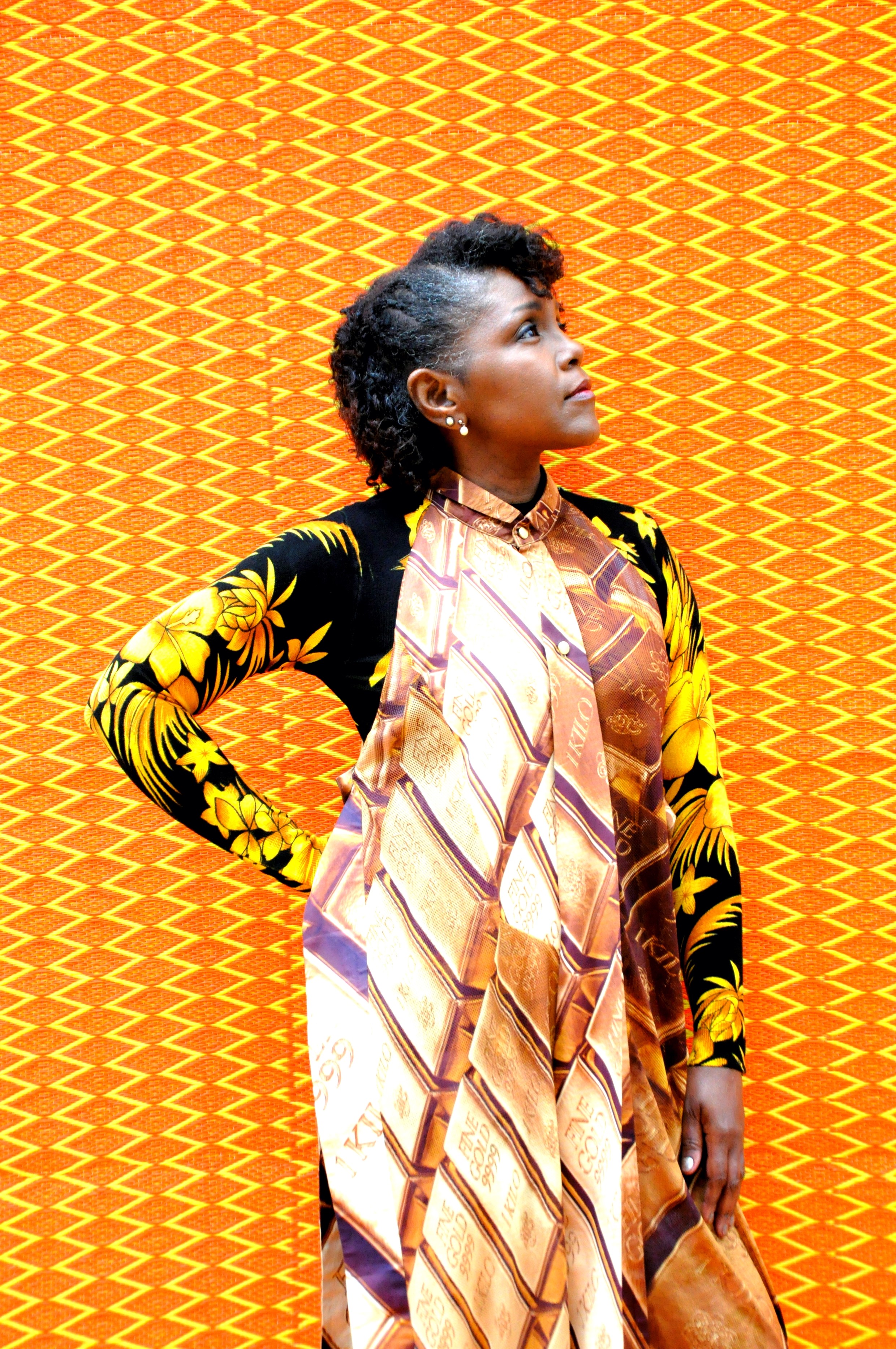Cykada Interview
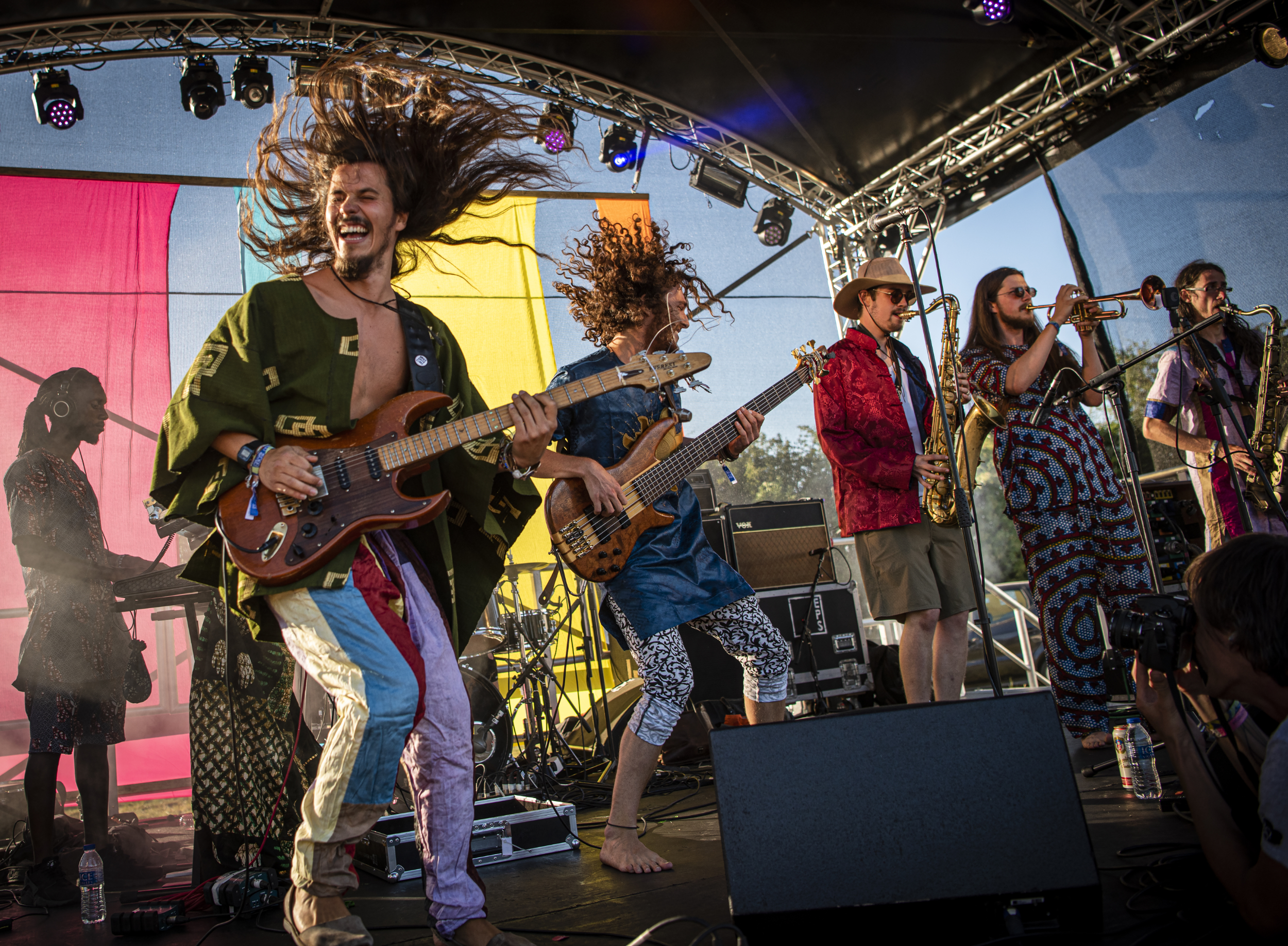
Cykada bassist and founding member Jamie Benzies spoke to Charlie Anderson about the band and their music, whilst drummer Tim Doyle discusses how the band works.
Tell us about Cykada. How would you describe the music that you make?
I don’t know. That’s a very difficult one. Either I go with normal categories and it’s between jazz, world music and electronic music and rock music and other things. Or I just say ‘go and listen to it and tell me’. I don’t mind. We’ve had some funny ones so far. I like leaving it quite open. We had quite a good, funny
one which was ’the soundtrack to the Bible’, or ‘soul music, but soul music as in like soul music’. But whatever you like, really.
How does it all get put together, when you’re rehearsing and assembling the music?
Well, there’s a shed in the house next door, where Tim [Doyle] lives, and we go there every Tuesday evening and we bring ideas and work on them together. I’m mostly the one who is pushing it and got most of the vision for what’s going on, but at the same time we’re all contributing and we all bring ideas. We all shape stuff together. And we all arrange it together. It’s very much a band process.
I was listening to the track Ophelia’s Message and that’s got a very strong bass line. How important is the role of the bass in Cykada?
Very important! There are no bands playing this style of music without bass of some sort. Maybe they have bass guitar, double bass or another bass instrument of some kind and nearly always playing a role. But then there’s music that I listen to which doesn’t have bass, which I love. It more depends on the musicianship of the player rather than the instrument. The bass is kind of crucial but if you want to leave it then you can do whatever you want. It’s music.
At the moment, especially if you’re trying to make more dancey music, or more kind of locked-in stuff, then it’s very good to have bass with drum kit. And of course with programmed bass, you can make the bass way heavier with a synth bass, and take it to even more madness, or whatever. As with anything in music, it’s just an artistic choice. Or that’s how it should be, it seems.
I’m really impressed by the energy and the sound that you get as a group. I’ve seen you at Brainchild, Walthamstow Jazz Festival and more recently down on Brighton Beach for the Funk & Soul Weekender.
That was fun. I really enjoyed that one. As you say, it’s largely about band sound and energy. It’s a very key thing there, that we’re aware of and work for. To have that togetherness. There are a lot of cool bands around now and a lot of very, very good musicians but often I find that the band aren’t quite the sum of the parts. There are definitely exceptions and bands that are more than the sum of their parts. How to make it a real group is to bring everyone’s energy together in some way, where as one thing, it’s much stronger.
How does the band work? Is it a co- operative or a dictatorship?
You could say I dominate it a bit. I put the band together, as a unit and shaping things, but I like to do
it in a very open way. For instance, now for our second album’s content, we’re working on loads of stuff.
So far we’ve got one tune that Tilé has brought, one tune that Tim has brought. We’re working on them all together, to turn into Cykada material, fully. I have maybe three or four tunes that I’ve brought. At the same time, like the others, I’m bringing music which is basically unfinished, and we’re finishing it together, which is kind of like an intentional way of allowing space for other people’s voices, to make that music work for them as well, rather than coming in with a full piece, ready. Then there are pieces that I’ve been bringing in recently which are nearly completed. Maybe they have all the melodies and they have all the harmony and bass lines and some lyrics but then it’s like here’s the ingredients, let’s just see what we can do with them.
Throughout that process I’m leading it but I’m not being so pushy. If it goes way off the mark, then I put my foot down, but ultimately I just want people to feel comfortable playing music, so we can all own it together.
How do you see it developing in the future?
Well, we’re challenging ourselves now with some nice, new additions to the sound and maybe that will start being apparent on stage in the next few months, I hope. That will all reveal itself. We’re just working on content for the next album, we’re pushing ourselves so our music is as good as it can be and we’re putting out the best we can. I think that’s the overall thing, and there’s other strategies in terms of gigging and touring so there are things happening. This summer we’re doing a tour around the UK, not that many shows but some nice ones, including Glastonbury and Love Supreme Festival. And then we’re doing some shows around Europe. We’re doing our first show outside of the UK, in Paris, just before we go to Glastonbury.
The target is then to do a little tour of Germany, Poland and Denmark in September. But the next step for us is having music ready for the next album, enabling us to play much longer set times if we need to as well, and having a lot more original music ready. And just stepping up
our game, generally. That’s what I’m interested in, just making sure that what we do is as good as possible, and as interesting and as exciting as possible. And then whatever else comes, whatever tours, PR nonsense etc. and that’s all backed up by something that we all really believe in and is really solid. That’s where my brain mostly lies at the moment, for our future.
What do you get out of playing music that you don’t get from other pursuits?
Well I’ve played music pretty much my whole conscious life, as far as I’m aware. So it’s very much a thing I do to stay sane. Without it I would definitely be insane. Like many people, I see music as having a very medicinal quality, a very therapeutic quality that’s very important for people. I really value the effect of sound and music and vibrations on people, and I want to contribute to that in a positive way, and in a way where hopefully some people are inspired not just to make music but given a little bit of energy, push or inspiration for whatever they’re doing. It’s for my own sanity but through that, hopefully other people benefit.
Drummer Tim Doyle on Cykada
It’s kind of a lineage of bands, for me, in terms of sound rather than approach. To me the core members
are Jamie the bass player and Tilé, the electronics guy. They played in a band first, about 7 years ago called Silas, but that fell apart, and then they played in a band together called Myriad Forest which had Wayne from Steam Down, and Yussef Dayes, and a sax player called David Turay who sadly died in 2014.
Jamie and Tilé always had an idea of starting a band. I’d played with Jamie a lot, and then we started to build something together. We tried jamming with lots of different musicians but never really formed anything or decided that this is our sound or referenced any other music, it was just about coming together and seeing what organically flows out of that group of musicians. It slowly changed, some people we didn’t end up playing with, some people we got onboard
and eventually we got together and it was about our connection and what naturally comes out of us when we’re together.
All the music is arranged together and we work a lot on all of the music so there’s a lot of all of us in every single tune. Many of the ideas are brought in by single members. Jamie writes much of the core material. Other members and myself have also written tunes. But when we bring them, the band turns them into something completely different and they become this madness. It’s just to do with the connected mind, and the fact that we’re all just 100% there.
Cykada
Love Supreme Festival Jazz In The Round stage Friday, 10pm
Brainchild Festival Bentley, East Sussex 12th – 14th July
